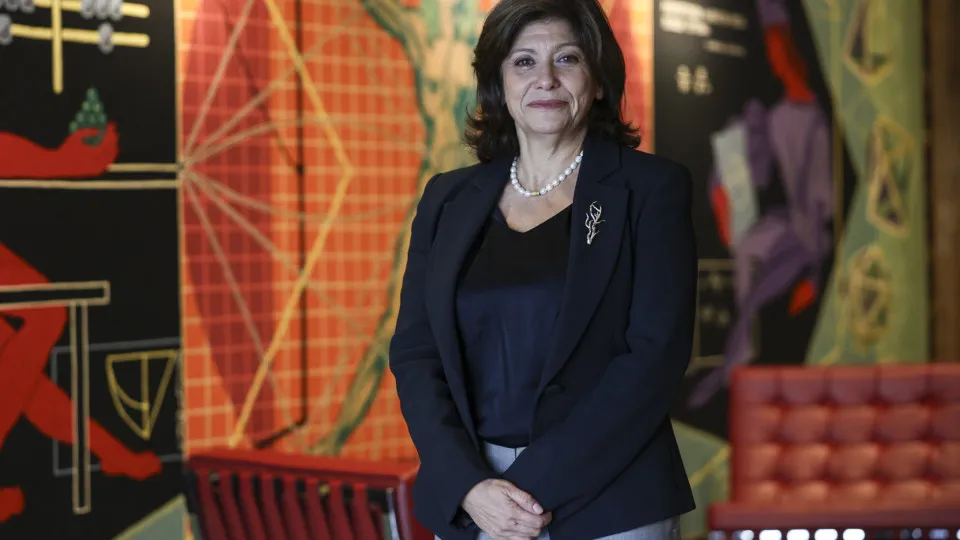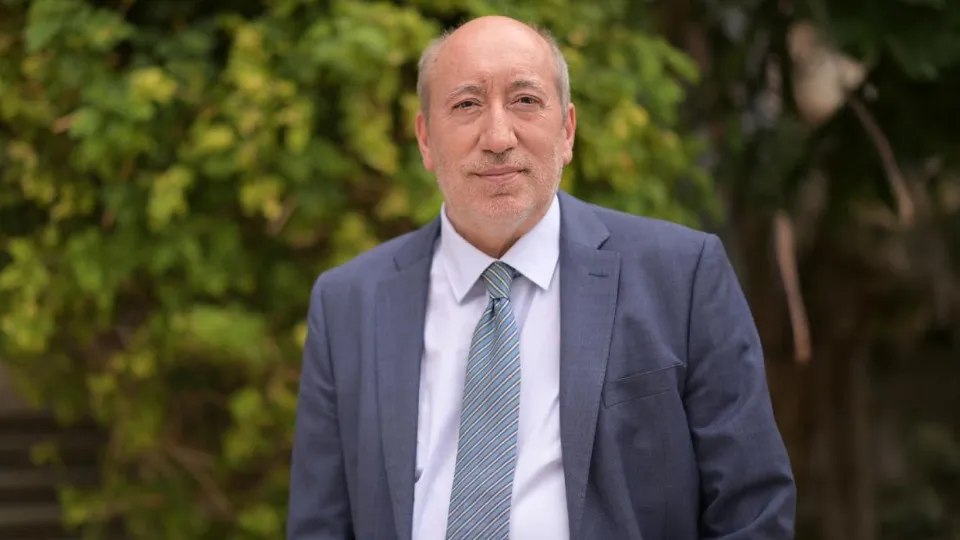
Contracts under the PRR are subject to a special oversight regime, wherein the court has “certain powers to halt the execution of the contract in the face of more serious illegalities,” Filipa Calvão stated in an interview.
If the Court of Auditors “finds other irregularities, it initiates a process to identify signs of financial responsibility, which is then presented to the Public Prosecutor for possible enforcement of financial accountability,” she explains.
“Some of these contracts are moving forward to this process of financial liability assessment,” she notes, referring to two dozen cases that are currently at this stage.
There is “a set of processes, more than 20, that are already in financial responsibility assessment, indicating that irregularities were committed and that the Court, in its intervention when the contract was being executed, could not correct the detected illegalities,” she says.
Since these irregularities “were not subject to ‘ex post’ correction,” the path the court had to take was to pursue “financial responsibility.”
Filipa Calvão recalls that at the end of 2024, a special prior oversight regime was approved, encompassing all public expenditure contracts as part of the execution of European funds, both from the PRR and other funding sources.
For the court president, it is not evident that this special regime has led to faster contract execution. Nevertheless, she notes that the court does not have specific data on this, although she emphasizes that “the difficulty in executing the PRR is also related to the PRR’s own regime.”
“It is a difficult regime because it is quite demanding in terms of requirements and then with a very short execution period,” she admits.
The president of the Court of Auditors also rejects “the narrative that the court’s prior oversight is the cause of the non-execution of European funds or delays in executing European funds,” as most administrative entities submit their processes close to the deadlines.
The entities “took time to obtain the funds because this procedure is complex.” Finally, “when they have the contract signed and approach the court,” they are already at the limit of the contract execution deadline.
At this stage, the Court of Auditors’ analysis time “is relatively short compared to all the time that has already elapsed until the administrative entities approached the court.”
Thus, Filipa Calvão argues that “it is not precisely the court’s intervention that delays the execution of funds.”
According to the latest monitoring report of the plan from November, the execution of the PRR remains at 47%. The Portuguese Government submitted the final review of the PRR to the European Commission on October 31.




